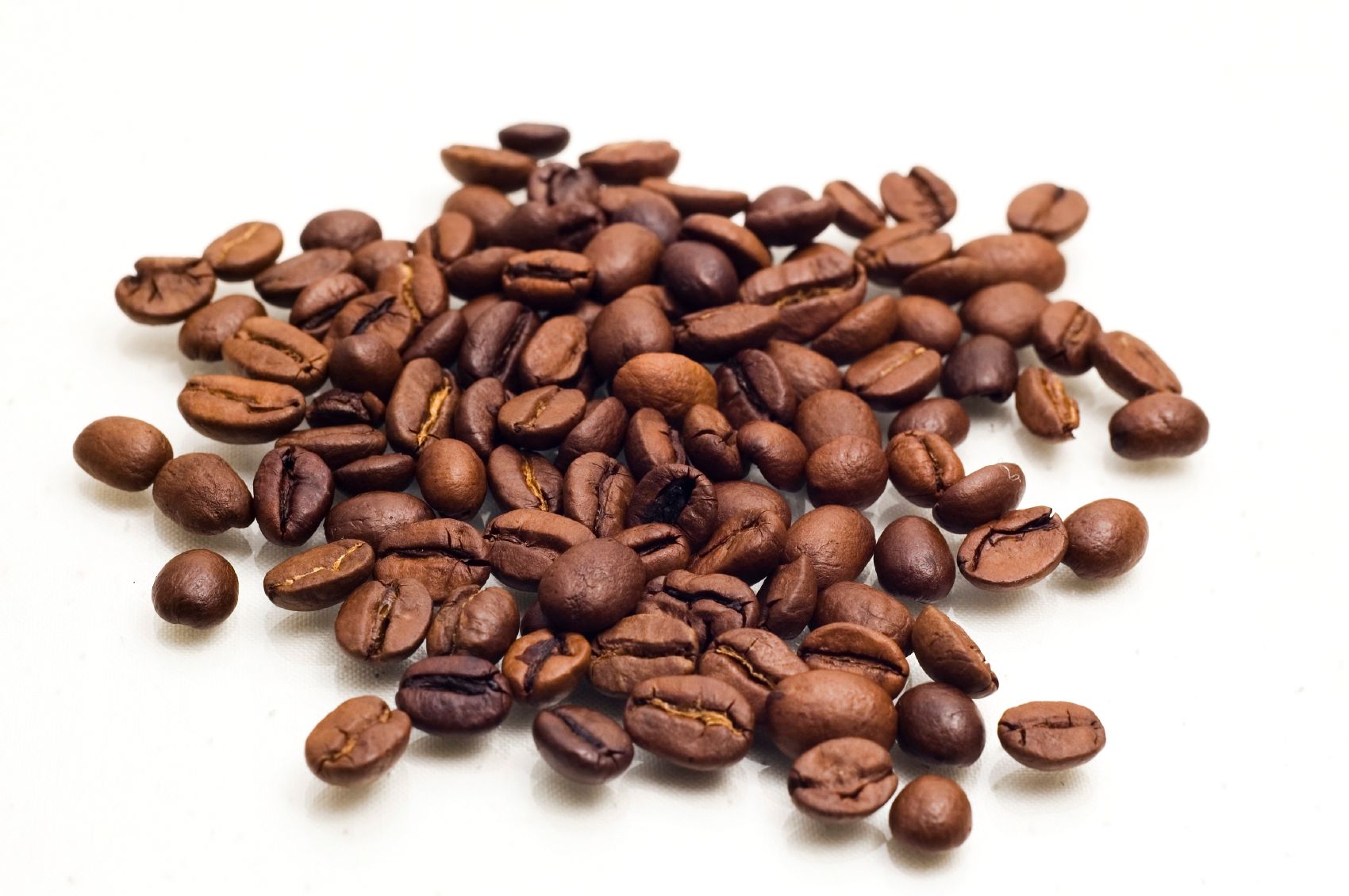Caffeine: 2015 Ingredients to Watch for Food, Beverage, Supplements
Nutritional Outlook has pegged caffeine as one of 2015's ingredients to watch. Check back daily as we release new predictions.

While we haven’t yet seen the same level of public discussion over energy drinks that we did in 2012 and 2013, members of Nutritional Outlook’s editorial advisory board warn us not to get complacent, especially where caffeine is concerned. “Watch for FDA to take some regulatory action, such as reassessing caffeine’s GRAS status and widespread use in energy drinks and other products,” says EAB member Andrew Shao, PhD, vice president, global product science and safety, Herbalife. “This will take years to complete, but the discussion might start in 2015 and bring negative attention with it.”
EAB member Duffy MacKay, ND, vice president, scientific and regulatory affairs for CRN, agrees. “FDA has pressure to address stakeholder concerns about caffeine in foods and dietary supplements. FDA seems reluctant because caffeine is generally safe when used and labeled responsibly, as outlined by CRN’s caffeine guidelines. It will be interesting to see what FDA does.” In January, U.S. senators pushed to ban the direct-to-consumer marketing and retail sale of pure caffeine, a move largely supported by industry.
EAB member Dallas Clouatre says that manufacturers will continue to search for caffeine substitutes to sidestep any regulatory heat.
Could the EU have a positive influence when it comes to caffeine? This January, EFSA delivered its opinion on the safety of caffeine, concluding in a draft opinion that a 400-mg daily intake of caffeine and a 200-mg single dose of caffeine “do not raise safety concerns for adults in Europe. EFSA is now accepting public comments and plans to hold a stakeholder meeting in March to discuss its conclusion.
Also read:
How Does EFSA’s Caffeine Assessment Match Up with Other Global Standards?
Should We Label Caffeine Content in Energy Drinks?
Energy Drinks: Consumers Seek Healthy Ingredients
2015 Ingredients to Watch
Photo © iStockphoto.com/toto8888
FDA revokes authorization to use Red No. 3 as a color additive in food or drugs
January 15th 2025FDA contends that the color additive is safe for humans but is legally obligated by the Delaney Clause of the FD&C act to revoke authorization as research shows the Red No. 3 induces cancer in rats.
Survey finds a lack of enthusiasm about AI technology among food and beverage consumers
December 12th 2024The survey, commissioned by Ingredient Communications and conducted by SurveyGoo, found that 83% of respondent agreed that companies should declare on product labels when a product has been designed or manufactured with the assistance of AI technology.